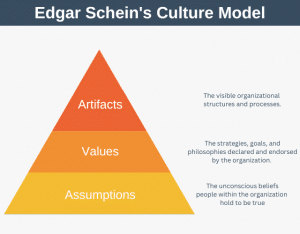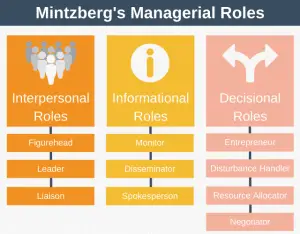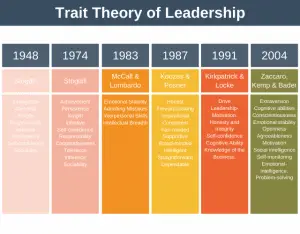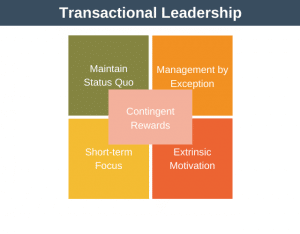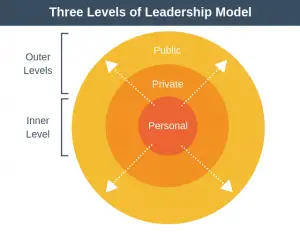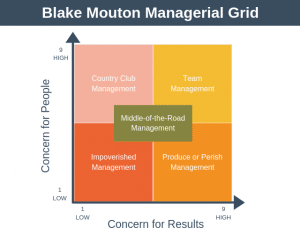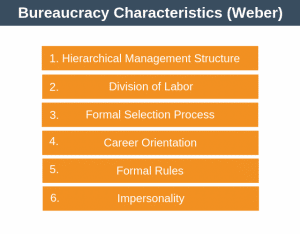Legitimate Power is one of the 5 Types of Power identified by psychologists John R. P. French and Bertram Raven in 1959.
Power in the workplace can exist in many different forms. It can exist even without a formal organizational hierarchy in place. It can also exist outside of any formal hierarchy that does exist. In this article, we’ll examine Legitimate Power.
Legitimate Power is a formal type of power derived from the position you hold in an organization. Subordinates comply because they believe in the legitimacy of your position.
With Legitimate Power it is your position that gives you your power. The higher up the organizational hierarchy you go the more power you hold.
If you lose your position your power disappears. This is because your subordinates were influenced only by your position and not you as an individual.
Regardless of your level in the hierarchy, you exercise this power when you tell your subordinate to perform a task.
Examples of people with Legitimate Power include CEOs, presidents, and monarchs.
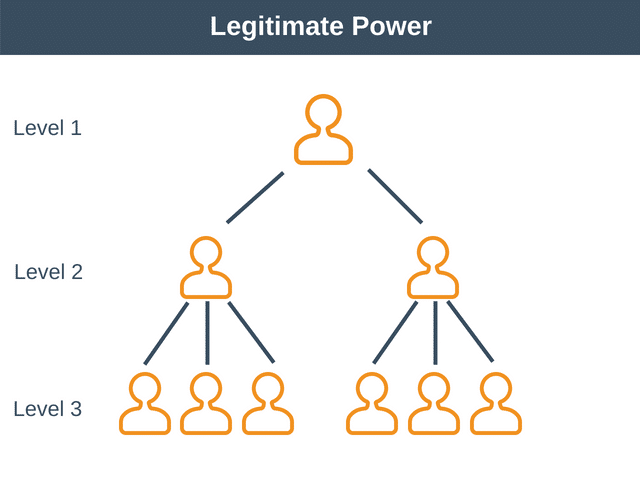
In the above diagram, the top-level leader (Level 1) has authority over all people underneath them – the entire organization. Each of the leaders at the next level (Level 2) has authority over three separate people each. Finally, those at the bottom of the organization have no power and no authority over anyone.
Legitimate Power is underpinned by rules and even laws. In the workplace, this means that failure to follow your boss’s directive can result in disciplinary action. In the case of a president, they have the legal backing of the law of the land to issue many directives.
Even though Legitimate Power is a formal type of power and underpinned by rules and laws, it is still built on perception. This is the perception the subordinate has that another person has the authority to exert control over them.
There are several reasons why this perception can exist, including:
- Cultural norms: In many cultures, it is seen as normal to have one person hold authority over another through their position.
- Reciprocity: The subordinate performs a task for their boss as long as they get something in return. This typically takes the form of receiving a paycheck. However, there are many factors in play that can make this relationship fair (see Equity Theory to learn more about this dynamic).
Legitimate Power is a power which is given to you through your position, but it doesn’t make you a good leader. To be a good leader you must also have supplemental leadership skills. For example, skills such as transformational leadership or servant leadership.
Thus, people with Legitimate Power can still be bad leaders. This situation arises all the time. Imagine you have a new boss but you don’t respect them because of their poor skills and style. If they issue an instruction you’ll do it, but only because the rules of the organization say you must. You’re not doing it because you respect or trust them in any way.
Examples of Legitimate Power
Examples of Legitimate Power in action include:
- When a CEO sets the direction and strategy of an entire organization.
- When a boss sets quarterly goals for each member of his team.
- When airport security staff insist your baggage is scanned before you’re allowed to board your flight.
Advantages of Legitimate Power
- A clear hierarchy enables the entire organization to understand exactly who has authority over whom.
- Rules and sometimes laws exist to reinforce Legitimate Power. For example, a president will have the legal authority to instruct their military to perform a task. In a business context, a subordinate can face disciplinary action if they don’t perform the wishes of their boss.
- Legitimate power is accepted as culturally normal in most societies.
Disadvantages of Legitimate Power
- It doesn’t always result in effective organizations. For example, someone can be put in a position of power but not have the skills or experience to back up the position they find themselves in. This can lead to dissatisfaction and frustration amongst their team.
- It doesn’t in any way encourage employee loyalty.
- Legitimate power can be abused in a number of ways, including:
- When someone with legitimate power tries to exercise that power over someone they do not have formal power over.
- When a boss forces a team member to comply without regard to the relationship.
- When the leader’s performance is substandard.
- When power means the leader doesn’t allow anyone to disagree with their opinion. This leads to a type of myopia where only one view is permitted.
Nearly all men can stand adversity, but if you want to test a man’s character, give him power.
Abraham Lincoln
Using The Model
Have you recently found yourself promoted to a position of Legitimate Power? If so, congratulations! Here are some pointers you can use to get you off to the best possible start.
1. Make use of other tools
Legitimate Power is a great first step, but to be successful you should make use of other tools. For example, reward power and referent power can encourage your team members to strive for excellence without the need to issue precise instructions.
2. Understand your position
Remember that being promoted to a position of power is only an initial mandate. You will need to build relationships with your team to sustain your position. Servant leadership can be an excellent tool to set you up for long-term success.
3. Learn to Let Go
You may have been promoted because you’re really great at doing something technical. The more you get promoted the more you will lose these skills.
Understand that losing some skills and replacing them with others is natural. For example, you may lose technical skills but replace them with leadership skills. Thus, it is important to be open-minded and listen to your team, taking on board their opinions before making any decisions. This will make allowance for your lost skills.
Summary
Legitimate Power is one of the 5 Types of Power. It is derived from the position you hold within a hierarchy. With Legitimate Power, subordinates do as instructed because they believe in the legitimacy of the role you hold. It is underpinned by rules, laws, and even social norms.

